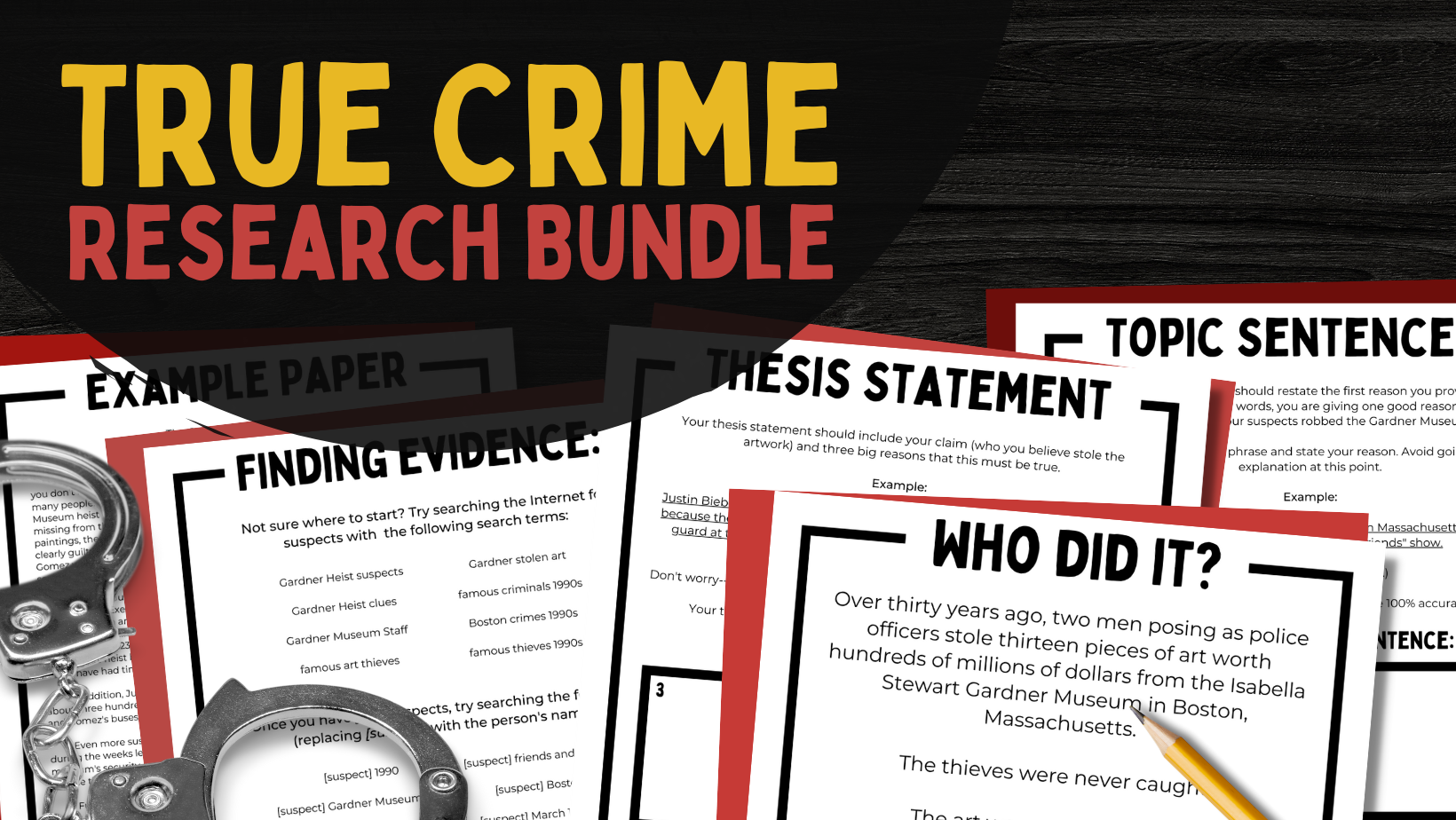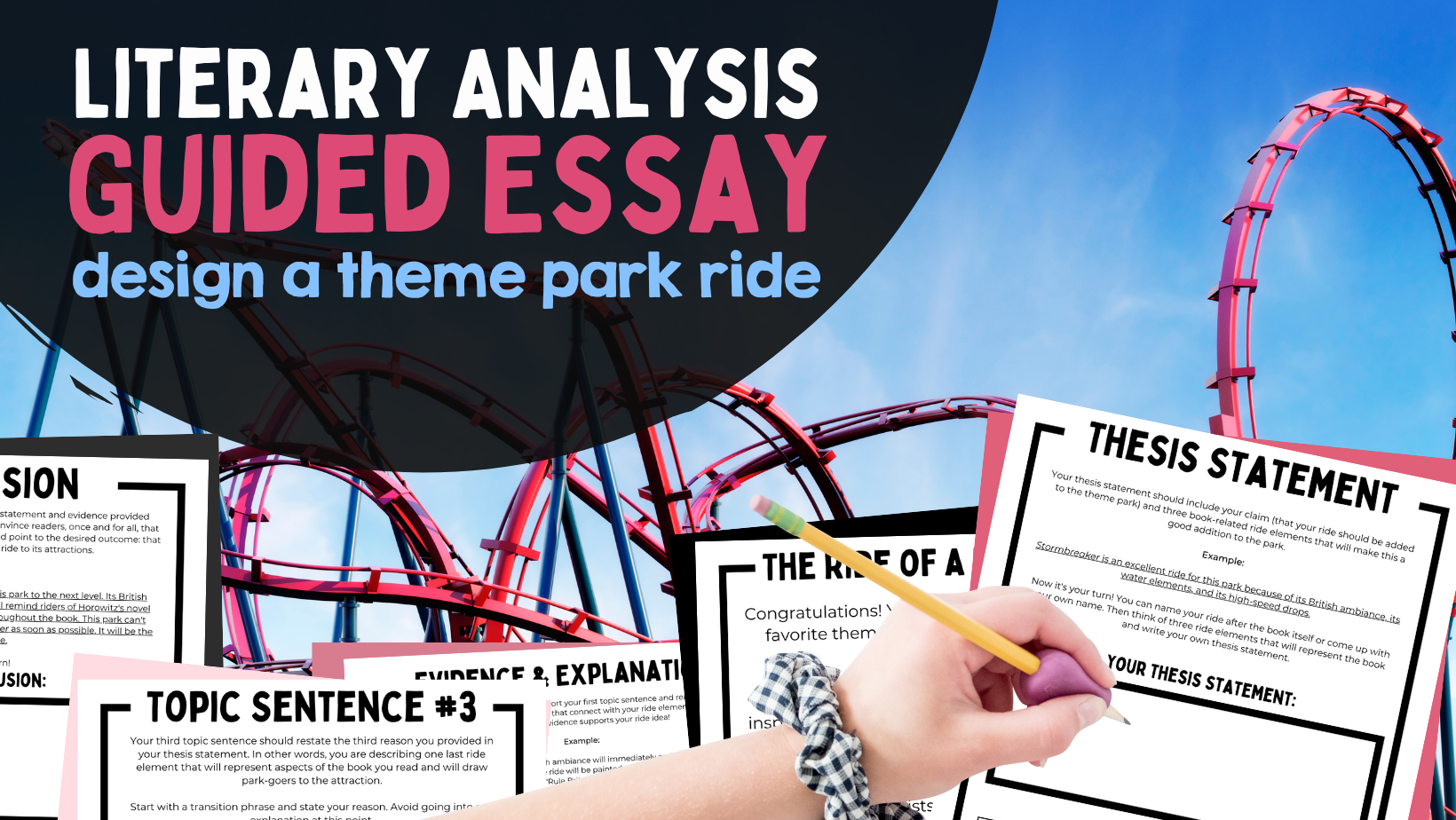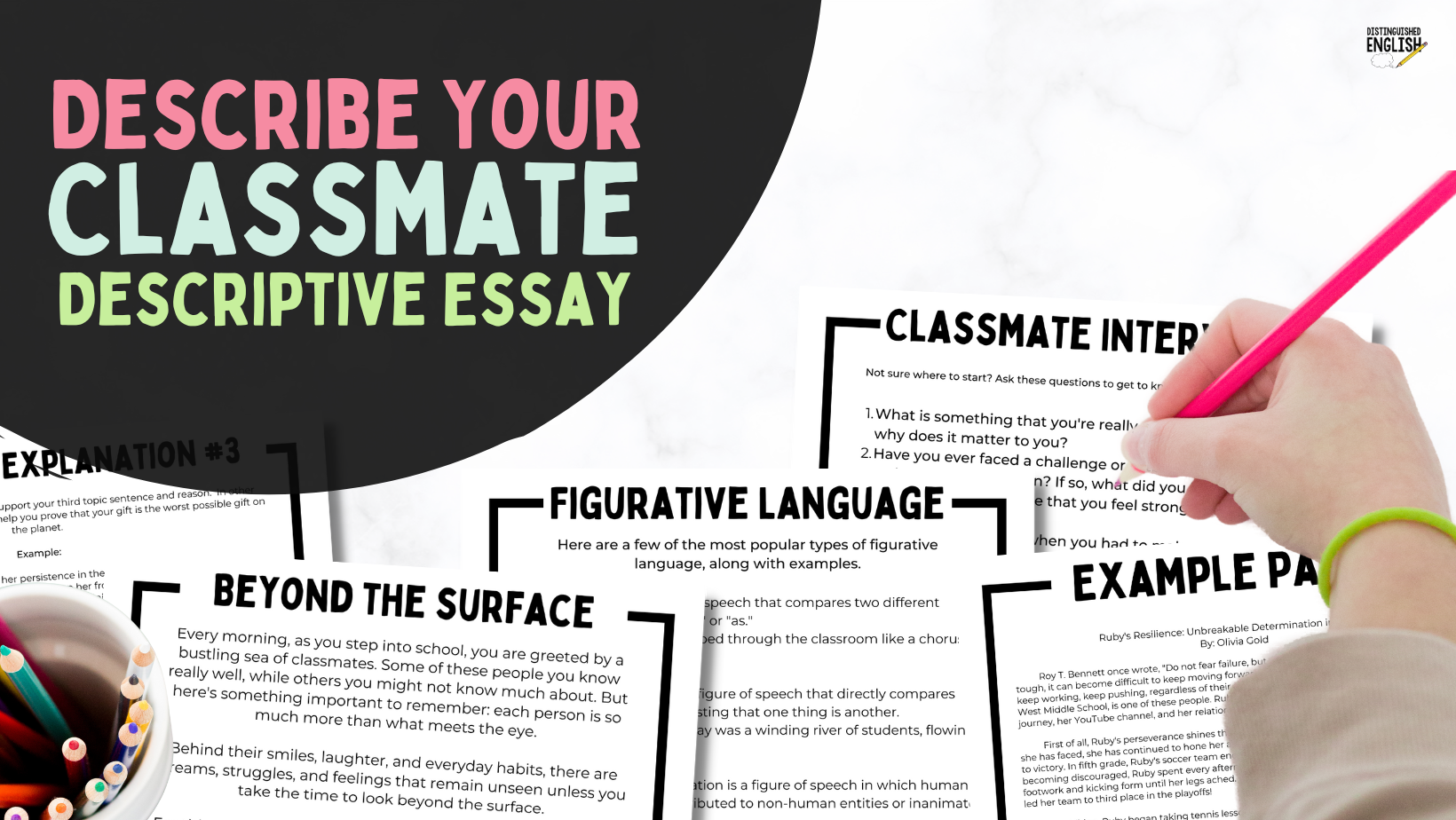Steal My Seventh Grade ELA Scope and Sequence for Free
Hey there, fellow middle-school teachers! Can you believe it's almost time to dive back into the excitement of a new school year? I don't know about you, but I'm feeling a mix of anticipation and "Whoa, this is a lot to handle!" as I get ready for my twelfth year of teaching (my eighth year in seventh-grade ELA). Thankfully, I have a game plan this year, and the best news is that I’m sharing my seventh-grade scope and sequence with you. For free.
Yep, you read that right. Consider it my little gift to help you rock this school year and make it the best one yet.
Get ready to unlock the magic of ELA and have a blast while doing it. It’s going to be a crazy school year (isn’t it always), but with this game plan in hand, we’re ready tackle the year head-on. So let's roll up our sleeves, spark that enthusiasm, and get ready to embark on this incredible journey together. Here's to an amazing seventh-grade ELA adventure!
Seventh Grade ELA Scope and Sequence
Week 1: Classroom Procedures and Introductions
The first week of school is my absolute FAVORITE! Instead of going over the syllabus line by line, we play procedures charades to go over the dos and don’ts of the classroom. Then the kids play a game of Blooket to review our expectations. We practice using polite discussion stems as we untangle human knots (great for community building), and we have such a fun time!
Weeks 2 & 3: Notice and Note Fiction Signposts
I take my sweet time introducing Beers’s and Probst’s Notice and Note signposts at the beginning of every school year. You can read more about how and why I do this in this blog post.
Weeks 4 & 5: Personal Narrative — Random Act of Kindness
Every year, I ask my students to do something kind for someone else and write a personal narrative about their experience. I am truly touched and amazed by some of the ways these kids spread kindness to our community! I wrote a whole blog post about this project here.
Weeks 6-9: Literary Analysis Essay — Build a Signature Sandwich
Literary analysis sounds super intimidating to middle-school students, but it doesn’t have to be that way. This literary analysis essay holds students’ hands every step of the way as they invent a signature sandwich that represents a character from the book they have read. It’s fun—and maybe a little bit silly—but it gives them the chance to practice supporting their claims with textual evidence and building a logical, book-based argument. When the students finish their essays, they get to bring in bite-size sandwiches to share with their class as they present their ideas!
Weeks 10-13: True Crime Research Essay
To be honest, I used to dread teaching research papers. Students hate writing them. Teachers hate grading them. It’s a lot of hate! But everything changed when I assigned my first true crime research paper. My students couldn’t wait to start researching, and I could hear them debating their claims in the hallway between classes! I actually enjoyed reading all of their theories when it was time to grade their papers, and overall, it was just a huge success. I wrote about some fun true-crime topics for middle school in this blog post.
Weeks 14-16: Literary Analysis Essay — Invent a New Sport
Wait, didn’t we just write a literary analysis essay? Yes. Yes, we did. But one of the WORST mistakes I’ve made as a writing teacher is teaching my students how to write something and then moving on without repetition. I now give my students four opportunities to practice their literary analysis writing skills (once each quarter), and they use the books that they read during their independent-reading time.
Weeks 17 & 18: Holiday ELAR Activities
It’s the most wonderful time of the year! And . . . it’s also the busiest, craziest, most chaotic time of the year. I’ve learned to put my major units on hold during the holiday season and focus instead on festive activities that review ELA concepts while bringing a little holiday cheer into my classroom.
Weeks 19-22: Argument Essay — Silly Debates
Some people might find it annoying when seventh-graders argue for months about whether or not water is wet, whether or not a hot dog is a sandwich, and so on, but I feel like this need for debate is what makes teaching seventh grade so fun! When it’s time for us to write our argumentative essays, I give my students super ridiculous debate topics that I know they’ll latch onto, and I help them find evidence to back up their side of the argument—which they are always unbelievably passionate about. They love to argue. I love to see them supporting their claims. It’s a win-win.
Weeks 23-25: Literary Analysis Essay — Design a Theme Park Ride
Living so close to Disney, my students are no strangers to elaborate theme-park rides. This literary analysis essay gives them the chance to design their own!
Weeks 26 & 27: Inspirational Object Lessons
I teach at a Christian school, so I always devote a couple of weeks to writing devotionals with my students. Even at a public school, however, I think I would take the time to write object lessons because pairing physical objects with abstract ideas gives my students such a good grasp on symbolism!
Weeks 28-30: Testing
Testing itself isn’t a ton of fun, but I try to hype up my students with lots of Blooket games that give them a break from the stress and also prepare them for the tests. Blooket also gives me a much-needed break from prepping, planning, and grading. I’ll take it!
Weeks 31-33: Descriptive Essay — Describe Your Classmate
Middle school is a tough time for kids. A lot of times, they don’t feel seen, heard, or understood. This project gives kids the opportunity to get to know their classmates better, to look beyond the surface, and to share their stories on their terms.
Weeks 34-36: End of the Year Activities
By the time the last month of school rolls around, we’re all just hanging on by a thread. Instead of starting a long project, I like to do small, standards-based activities like having students draw symbols of the school year in a backpack; having them use ethos, logos, and pathos to persuade each other that their favorite memory of the year truly was the most epic; or having them read yearbook notes and guess what tone the author was using. These activities are fun and educational, but they are NOT stressful, and they can be completed in class. When it comes to the end of the school year, that is exactly what I’m looking for.
And that’s my school year! Yes, I still get butterflies on the first day of school. After all, I have a lot of hopes and dreams for the next few months. But having a plan for each week of the year goes a loooooong way in replacing those first-day jitters with excitement for the new year.
Want to steal a copy of my year-long plans?
The pdf version also includes my favorite 7th grade read-alouds AND my daily class schedule. You can grab it for free below!





